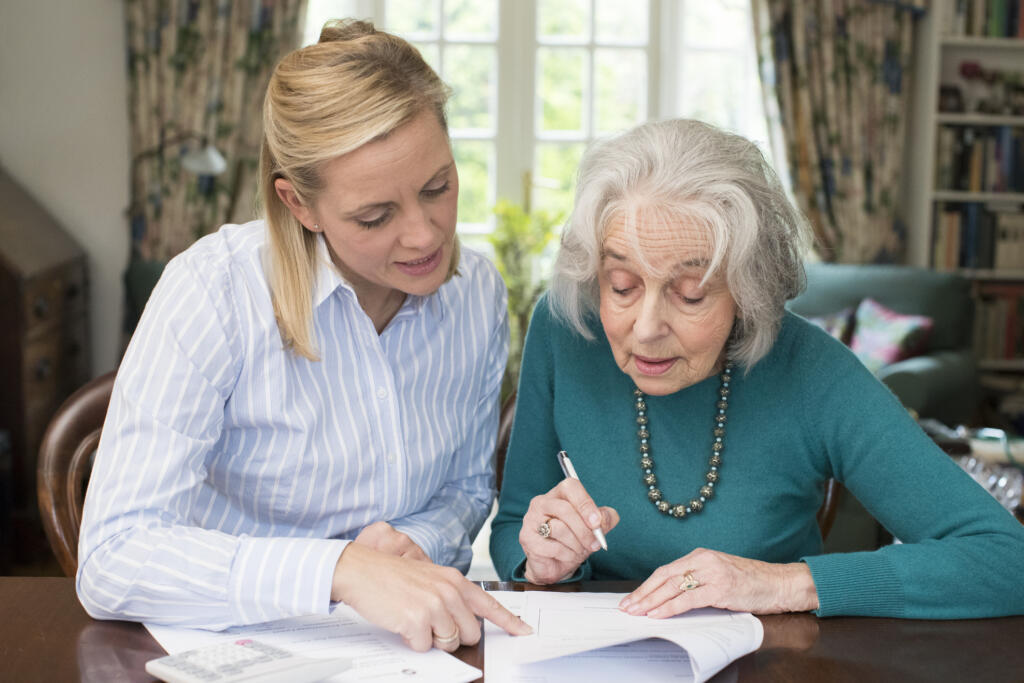
There are five grounds on which the validity of a Will can be challenged. This article focusses on the fourth ground: ‘undue influence’.
There are two types of undue influence: (1) actual undue influence and (2) presumed undue influence. This article focusses on the former because the latter has no part to play in the preparation of Wills and is only relevant to lifetime transactions.
I will touch on presumed undue influence later to compare it to actual undue influence and because it is not unheard of for proceedings to be pursued after the death of the testator (the Will maker) in respect of a gift which occurred in their lifetime.
Actual undue influence – what is it?
Undue influence is pressure on the testator which causes him or her to make a Will that they would not otherwise have done. If that can be shown, the Will will not be admitted to probate.
However, there is a distinction between persuasion and coercion. The former is permissible: pleas of poverty or appeals to the testator’s familial ties are acceptable. Pressure that plays on the testator’s hopes or fears and causes them to change their Will is not.
What will constitute sufficient pressure will depend on the circumstances. Someone who is gravely ill or weak and frail may succumb to a lower level of pressure, for the sake of a quiet life, than someone in better health. A low level ‘drip drip’ approach could be sufficient if it causes the testator to succumb for the sake of being left alone or continuing to be cared for.
Who has to prove what?
The onus of proving actual undue influence is solely on the party raising the allegation.
Even if the party is able to raise a suspicion, that does not lead to the burden then swinging back onto the party seeking to prove the Will to show there was no undue influence, as is the case with challenges on a lack of capacity and want of knowledge and approval.
It is entirely on the person alleging undue influence to prove on the balance of probability that it was exerted on the testator.
While allegations of undue influence are often raised (often alongside challenges on grounds of capacity or want of knowledge and approval), incidences of them being successful are few and far between. By the nature of the wrong, it will occur behind closed doors and there is unlikely to be any direct evidence. More likely there will be a suspicion, but that is not enough unless the facts are such that they can only lead to the conclusion that undue influence was at play.
Presumed undue influence
Compare that to the case of presumed undue influence which applies to lifetime gifts or transactions where there is a relationship of trust and confidence and the transfer or gift (e.g. property or a large sum of money) calls for explanation. In those circumstances, there is a presumption that undue influence is at play and the recipient must show that there was a legitimate explanation, otherwise the transaction can be set aside.
The sort of relationships where the presumption is most often and rigorously applied is between parent and child, solicitor and client, or trustee and beneficiary.
If an elderly client were to transfer his/her property to their solicitor, or a naïve child was to transfer a property or savings to an impoverished parent, the Court will expect the solicitor or parent to prove that there was a genuine reason for that which did not involve undue influence being applied.
Even more so that the other challenges I have discussed so far, these sorts of cases will succeed or fail on the strength of the evidence and whether the evidence allows for no other conclusion. It is really important to identify at an early stage a specialist legal adviser who is able to assess the evidence, discuss the merits of your case as well as the cost effectiveness of pursuing or defending a Will validity challenge.
We offer claim review meetings whereby we will take you through each of the above grounds and consider whether or not it is cost effective for you to launch a claim against the estate or to defend a claim brought by another.
If you would like to discuss a Will claim, please get in touch.
